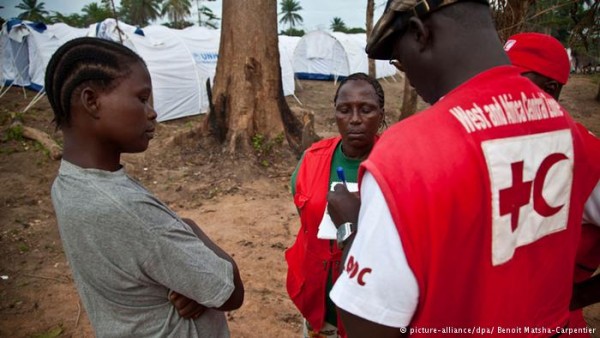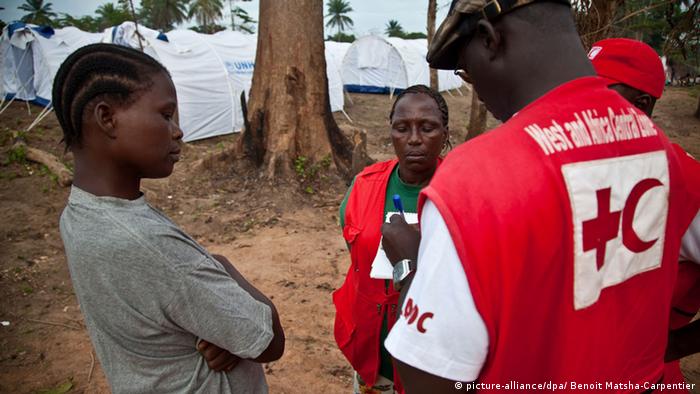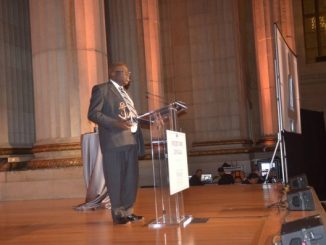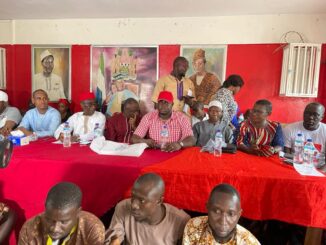
The spread of Ebola may been made worse because international donors failed to fully honor their funding pledges, a new study has argued. It says it took half a year for support to reach the affected countries.
Delays by overseas donors in paying what they’d promised “may have contributed to the spread of the virus” and ultimately driven up the total cost of dealing with Ebola, a study in the BMJ medical journal online said on Wednesday.
The World Health Organization first knew about last year’s Ebola outbreak in late March, but it was not declared an international public emergency until August, said study author and global health researcher Karen Grepin of New York University.
“Substantial donor support did not reach affected countries until October, more than six months after WHO was alerted to the outbreak,” the study said.
Funding delays
Grepin’s analysis tracked funding requests made by the WHO and when payments of donations pledged were actually made. She said there were delays in “translating pledges into paid contributions.”
“Although the amount pledged to support the international response to the Ebola outbreak exceeds the estimated total needs, the amount paid so far comprises only two thirds of these needs.”
According to the study, the first initial appeal in April 2014 of $4.8 million (4 million euros) was met, with donations exceeding this amount. By August, it was estimated about $490 million would be needed to implement the WHO’s ‘Ebola response roadmap,’ which later surged to $600 million.
By mid-November, the UN’s Mission for Ebola Emergency Response officially requested $1.5 billion in funding.
However, according to Grepin: “I estimate that it took until at least mid-October before the affected countries received $500 million and until at least December before they got $1 billion.”
“Since late September, international donors have pledged more to the Ebola response than has been officially requested by international lenders. Actual disbursement of funds, however, still lags behind the total amount requested.”
Figures show that by December 31, donors had pledged $2.89 billion but only paid $1.09 billion.
Doing more, and quickly
Grepin has joined a growing list of voices – including the WHO itself – calling for speedier deployment of money and resources and the creation of a dedicated fund that could be used for any emergency.
“The problem has not been the generosity of donors but that the resources have not been deployed rapidly enough,” Grepin argues.
The figures used in the study are taken from the official register of the UN’s Office for the Coordination of Humanitarian Affairs. It showed the US as the most generous donor, pledging $900 million and having paid 95% of this amount. German placed at number four, promising $161 million and having paid $160 by 31 December, 2014.
Almost 9,000 people have died from the Ebola outbreak in West Africa over the past year, according to the WHO. Most of these cases have been in Sierra Leone, Guinea and Liberia.
jr/bk (AFP, BMJ)




